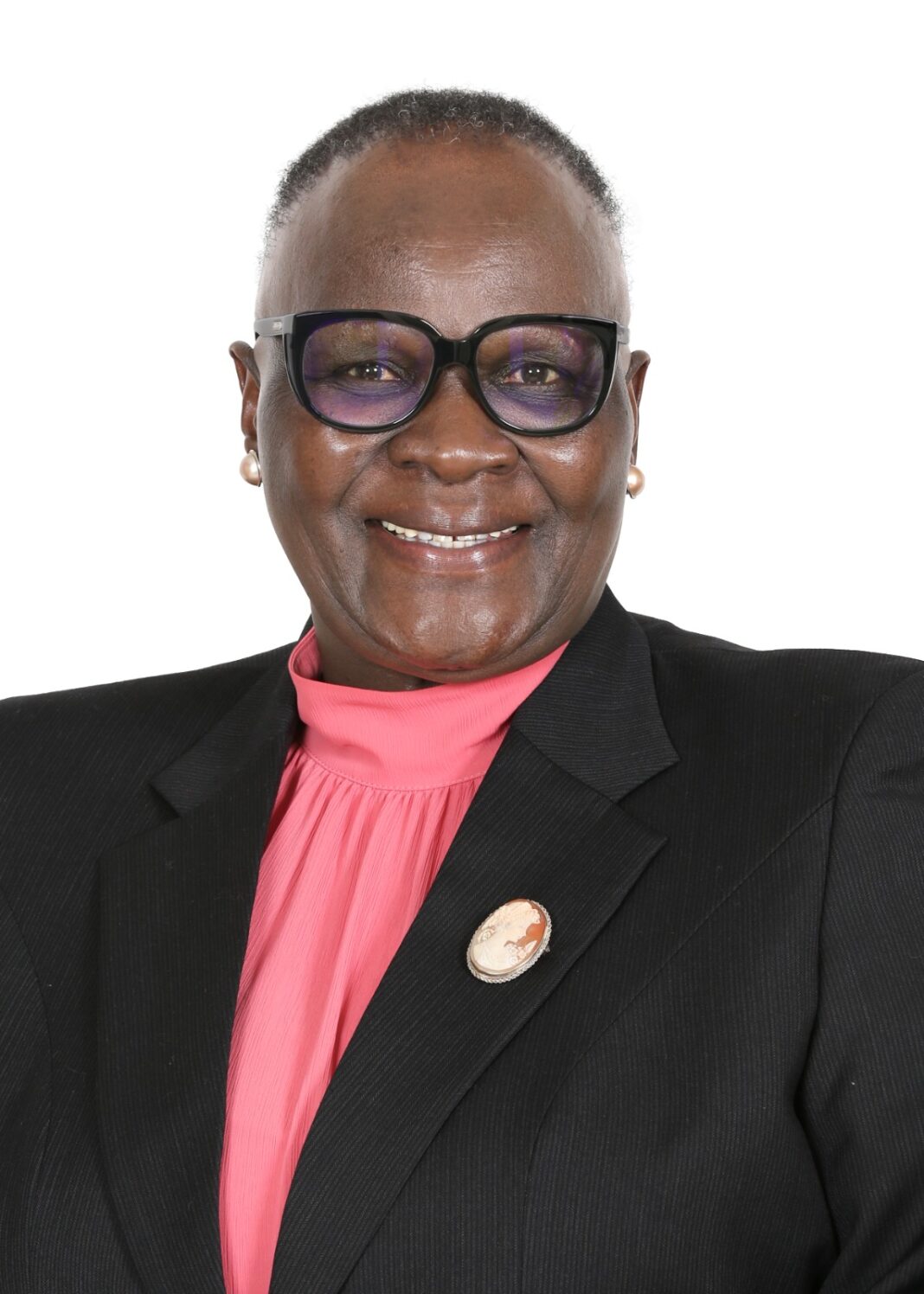By Riah Phiyega
Two weeks ago, five young and talented debaters — Khumo Molefakgotla, Lesego Serobatse, Neesa Ajoodha, Osiame Radebe and Khumo Kumalo — quietly departed for Belgrade, Serbia, to represent South Africa at the prestigious World School Debating Championship.
While it’s disappointing that their participation went largely unnoticed, it allows us to reflect on how South Africa can revive and popularise this art of reasoned discourse.
Studies have shown that debating is a vital co-curricular activity with many social and personal benefits. For learners, it has the potential to cultivate crucial skills such as strategic thinking, leadership, problem-solving, persistence, curiosity, general
knowledge and persuasive communication.
In addition to science, technology, engineering and mathematics (STEM), these life- changing skills have been identified as essential for the 21st century. Initially recognised by the National Academy of Sciences in the United States, they have now been adopted globally, including by the World Economic Forum and the United Nations. Closer to home, the African Union is urging its member countries to focus on education and has adopted “Educate an African fit for the 21st Century” as its theme for 2024.
Although waning in popularity, many private and some former model schools still offer debate as an extracurricular activity. The same, regrettably, cannot be said about the majority of rural and township schools. Ironically, this is where not much is being done to cultivate the 21 st century skills they need to thrive and succeed, both academically and beyond. In this way, they stand a much better chance of breaking the cycle of multi-generational poverty.
Some may argue that it is easier said than done. For instance, it is well known that the inability to master the English language is a barrier for most learners who take it as a second language. These debates are conducted in English so they won’t cope, and it may destroy whatever little confidence and self-belief they may have had. But it is not impossible. Here is why.
In 2020, the Safer South Africa Foundation introduced debating as an extension to its experiential learning crime prevention, leadership and financial literacy initiative among Grade 8 to Grade 11 learners. The schools these learners attend are in areas struggling with poverty, unemployment and crime, including gang activities, drugs and alcohol abuse. These communities include Khayelitsha in Cape Town, the Buffalo Flats and Amalinda in East London, Jouberton in Klerksdorp, Diepkloof in Soweto and Welkom in the Free State.
So far, more than 600 learners have gone through the programme with fascinating results. Learners who were battling to introduce themselves emerged more confident in voicing their opinions, tackling challenging tasks and ended up doing very well academically because they applied themselves. Armed with these new tools, they emerge at the end of a nearly three-month exercise motivated, feeling that not much can impede their progress.
Although not on the same scale, their achievements bring to mind the inspiring 2007 film The Great Debaters starring Denzel Washington and Forest Whitaker. This Oprah Winfrey production depicts the true-life story of Melvin B. Tolson, an African- American poet and a professor at Wiley College in Texas, United States. In 1935, Tolson achieved what was once deemed impossible. He coached Wiley, a traditionally black college, to challenge and triumph over debate teams from white
colleges. The winning streak included the national champions from the incumbent University of Southern California.
Similar to Tolson’s team, which became known as The Little Debate Team That Could, learners from poor schools can rise above their challenges. They can become the best academically and professionally due to the transformative impact that
debate has. As we learn from Tolson’s story, debating encourages students to think critically about the world around them, question assumptions and engage constructively with differing viewpoints.
The success stories from across the country illustrate the potential of debating in changing lives. Learners participating in debating programmes often speak of newfound confidence, improved academic performance and a greater sense of empowerment. These benefits extend beyond the individual to the wider community, as these young people become role models and agents of change.
There is a need for a concerted effort from the government, civil society and the private sector to implement debating programmes in rural and township schools. Funding and resources are crucial, but so is the training of teachers and volunteers who can coach and mentor learners.
Currently, over 200 high school learners from 24 schools in eight provinces have kicked off their intensive seven-week training. They are gearing up for the 2024 Youth4SaferSouthAfricaDebate Championship. Please join us as we rally behind these bright minds and cheer them on while they prepare to shine on the national stage.
By prioritising debating as an integral part of the education system, we can contribute towards levelling the playing field and giving all learners the tools they need to succeed. It is time to recognise the profound impact that debating can have and to take action to ensure that every learner has the opportunity to benefit from this invaluable experience.






